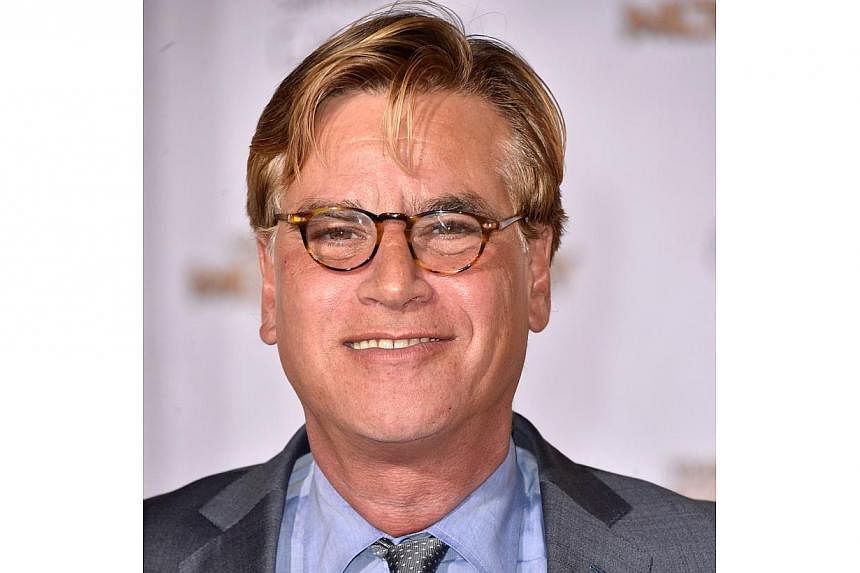NEW YORK - Screenwriter Aaron Sorkin has attacked the United States media for publishing the contents of Sony e-mails leaked by hackers after the recent Sony cyber-attack.
"Morally treasonous" and "spectacularly dishonourable", he wrote of the media in an op-ed on Sunday, taking them to task for doing the bidding of the Guardians of Peace that have been releasing batches of documents including private e-mails among Sony executives every few days since the breach garnered global headlines on Nov 25.
Sorkin's piece entitled "The Sony Hack and the Yellow Press" was published in the New York Times.
In lambasting the US media, he referred to the leaks on Sony salaries, employee health records, unpublished scripts and e-mail exchanges about movie stars and filmmakers that were uncovered by websites including Gawker.com and The Daily Beast, and which were picked up by media such as the New York Times.
In a leaked private e-mail, for example, producer Scott Rudin had described actress Angelina Jolie as a "minimally talented spoiled brat" from "Crazyland".
Sorkin himself figures in some of the e-mails, in which he also discussed with Sony Pictures co-chairman Amy Pascal the casting of the lead role of Apple founder Steve Jobs in the botched Sony biopic.
In his op-ed, Sorkin wrote that the disclosed material "include an email to Ms Pascal in which I advocated going to Tom Cruise for the lead role (I did), a second email from one executive to another speculating that I'm broke (I'm fine) and a third that suggested that I might be romantically involved with a woman whose book I'm using as source material for a new script (I wish)."
He said "the minor insults" that he suffered as result of the leaks "are such small potatoes compared to the fact that they were revealed. Not by the hackers, but by American journalists helping them."
He questioned why the media took to publishing the leaked information when they were not of "public interest", unlike the publication of the Pentagon Papers in 1971, which revealed the political manoeuvres leading up to the Vietnam War.
Sorkin also slammed Hollywood for not speaking out about the leaks.
"If the Writers Guild and Directors Guild stood by their members? If the Motion Picture Association of America, which represents the movie industry in Washington, knocked on the door of Congress and said we're in the middle of an ongoing attack on one of America's largest exports? We're coming to the end of the first reel; it's time to introduce our heroes."
He concluded his commentary scathingly with: "If you close your eyes you can imagine the hackers sitting in a room, combing through the documents to find the ones that will draw the most blood. And in a room next door are American journalists doing the same thing.
"As demented and criminal as it is, at least the hackers are doing it for a cause. The press is doing it for a nickel."
Sorkin's credits include The Social Network, Moneyball and the TV series The Newsroom.
Both the Times and Gawker were among media outlets that received a stern letter over the weekend from Sony's lawyer David Boies, demanding that they immediately halt mining what he called, in capital letters, "the Stolen Information," Agence France-Presse reported.
Failure to do so, Boies said, might trigger a lawsuit from Sony Pictures Entertainment, a cornerstone of Japan's Sony Corporation.

